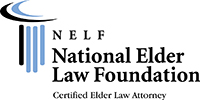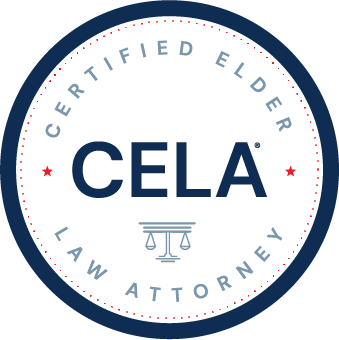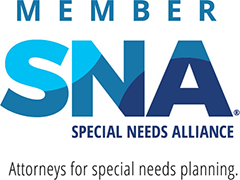Long-term care costs can add up quickly. For a veteran or the surviving spouse of a veteran who needs in-home care or who is in a nursing home, help may be available. The Veterans Administration (VA) has an underused pension benefit called Aid and Attendance that provides money to veterans, and the surviving spouse of a veteran.
World War II: December 7, 1941 through December 31, 1946
Korean War: June 27, 1950 through January 31, 1955
Vietnam War: August 5, 1964 (February 28, 1961, for veterans who served "in country" before August 5, 1964), through May 7, 1975
Gulf War: August 2, 1990, through a date to be set by law or Presidential Proclamation
The veteran does not have to have service-related disabilities to qualify. Veterans or surviving spouses are eligible if they require the aid of another person to perform an everyday action, such as bathing, feeding, dressing, or going to the bathroom. This includes individuals who are bedridden, blind, or residing in a nursing home.
To qualify for the Aid and Attendance benefit, the veteran or spouse must have less than $80,000 in assets excluding a home and one vehicle. The VA has very complicated rules on what you can do to legally get below the $80,000 limitation. New beginning in 2022, a three year penalty period will be imposed if there is a transfer of assets without consideration. Prior to 2022, the VA did not impose a three penalty period. Additionally, the veteran's income must be less than the Maximum Annual Pension Rate (MAPR). The following chart shows the current maximum annual pension rates:
| Single Veteran: | $18,234.00 |
| Veteran with one dependent: | $21,615.00 |
| Single surviving spouse: | $11,715.00 |
| Surviving spouse with one dependent: | $13,976.00 |
A veteran whose income is above the legal limit for a VA pension may still qualify for the Aid and Attendance benefit if they have large medical expenses for which they do not receive reimbursement. Unreimbursed medical expenses include Medicare, Medigap, and long-term care insurance premiums; over-the-counter medications taken at a doctor's recommendation, long-term care costs, such as nursing home fees, the cost of an in-home attendant that provides some medical or nursing services, and the cost of an assisted living facility. These expenses must be unreimbursed (in other words, insurance must not pay the expenses). The expenses should also be recurring, meaning that they should recur every month.
How it works. The amount a person receives depends on the veteran’s income. The VA pays the difference between the veteran's income and the MAPR. For example, John, a single veteran, has income from Social Security of $16,500 a year and a pension of $12,000 a year, so his total income is $28,500 a year. He pays $20,000 a year for home health care, $1,122 a year for Medicare, and $1,788 a year for supplemental insurance, so his total unreimbursed medical expenses are $22,910. Subtracting his medical expenses from his income ($28,500 - $22,910), John's countable income is $5,590. John could qualify for $12,644 ($18,234 - $5,590) in Aid and Attendance benefits.
Learn more
Learn more by browsing our medicaid planning articles.
Call (720) 200-4025 now or email us to find out how our Medicaid Planning attorneys can help protect your assets from the high cost of nursing home or other long term care expenses.












